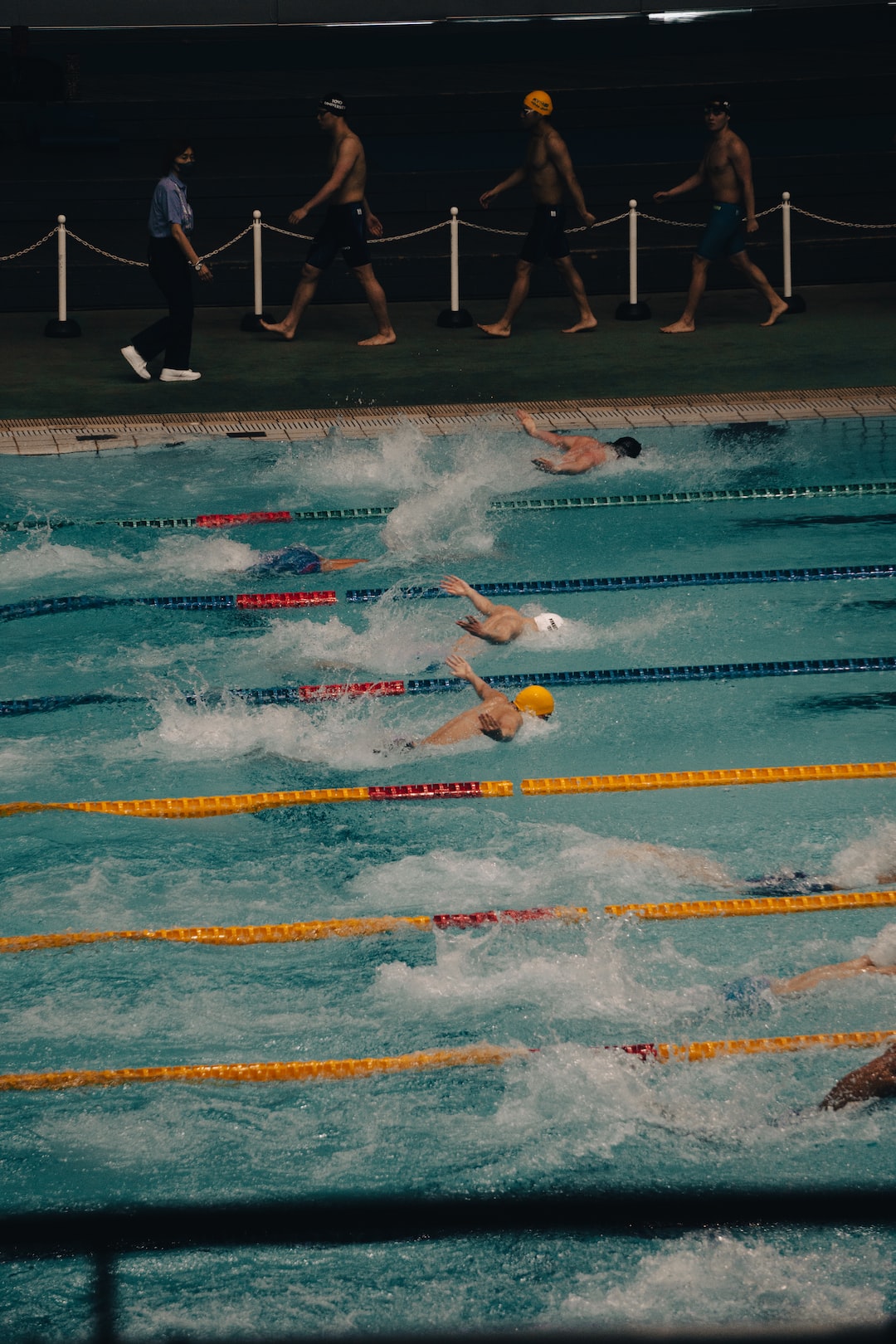The Role of Nutrition in Athletic Performance
Athletes dedicate countless hours to training their bodies, improving their skills, and pushing their limits to achieve top-notch performance. While extensive training certainly plays a significant role in athletic success, another crucial factor often goes unnoticed: nutrition. The foods athletes consume have a direct impact on their performance, energy levels, recovery, and overall well-being. In this blog post, we will explore the vital role of nutrition in athletic performance and discuss the key components of a well-balanced diet for athletes.
First and foremost, proper nutrition is essential for providing the necessary fuel to sustain an athlete’s physical activity and optimize their performance. Carbohydrates, found in foods such as whole-grain bread, pasta, fruits, and vegetables, are the primary source of energy for the body. During exercise, carbohydrates are broken down into glucose, which is then utilized by the muscles as fuel. Athletes need to consume enough carbohydrates to maintain their glycogen stores, which act as a readily available energy source during intense workouts.
Similarly, protein plays a critical role in athletic performance as it aids in muscle repair and growth. Athletes should include lean sources of protein like chicken, fish, eggs, and legumes in their diets. Additionally, proteins contain essential amino acids that cannot be produced by the body and must be obtained through diet. These amino acids are fundamental for building and repairing muscles after intense workouts, promoting faster recovery and reducing the risk of injury.
Fats, often labeled as the enemy, are actually vital for athletes as they provide energy during low to moderate intensity exercises. Healthy fats, such as those found in avocados, nuts, and olive oil, also help reduce inflammation in the body, support hormone production, and aid in the absorption of fat-soluble vitamins. Athletes should aim for a balance between healthy fats and other macronutrients to optimize their performance and overall health.
In addition to macronutrients, adequate hydration is essential for athletic performance. Water is involved in nearly every biochemical reaction in the body, including energy production and regulation of body temperature. During exercise, athletes lose water through sweat, increasing the risk of dehydration. Dehydration can lead to muscle cramps, decreased endurance, and impaired cognitive function. Therefore, athletes must maintain proper hydration by drinking enough water before, during, and after their training sessions or competitions.
While macronutrients are crucial, athletes also need to pay attention to their micronutrient intake. Micronutrients, including vitamins and minerals, are necessary for various bodily functions and play a role in energy production, bone health, immune system function, and muscle contraction. Adequate consumption of fruits, vegetables, whole grains, and dairy products ensures a steady supply of vital micronutrients. Foods rich in antioxidants, such as berries, spinach, and nuts, can also help reduce oxidative stress caused by intense exercise.
Timing is another important aspect of nutrition for athletes. They should fuel their bodies appropriately before and after exercise to optimize performance and enhance recovery. Eating a pre-workout meal or snack that contains a balance of carbohydrates and proteins provides energy and primes the body for physical activity. Post-workout nutrition should focus on replenishing glycogen stores and promoting muscle repair. Consuming a combination of carbohydrates and protein within 30-60 minutes after exercise helps kickstart the recovery process.
While a well-balanced diet can provide most of the necessary nutrients, some athletes may require supplements to meet specific nutritional needs. Athletes participating in intense training programs or those with specific dietary restrictions might find supplements beneficial. However, it’s crucial to consult a qualified sports dietitian or healthcare professional to ensure that any supplements align with individual needs and goals.
In conclusion, nutrition plays a vital role in athletic performance. A well-balanced diet that includes the right combination of macronutrients and micronutrients is essential for optimizing energy levels, supporting muscle repair and growth, improving recovery, and maintaining overall health and well-being. By understanding and prioritizing proper nutrition, athletes can unlock their full potential and achieve greatness in their respective sports.

